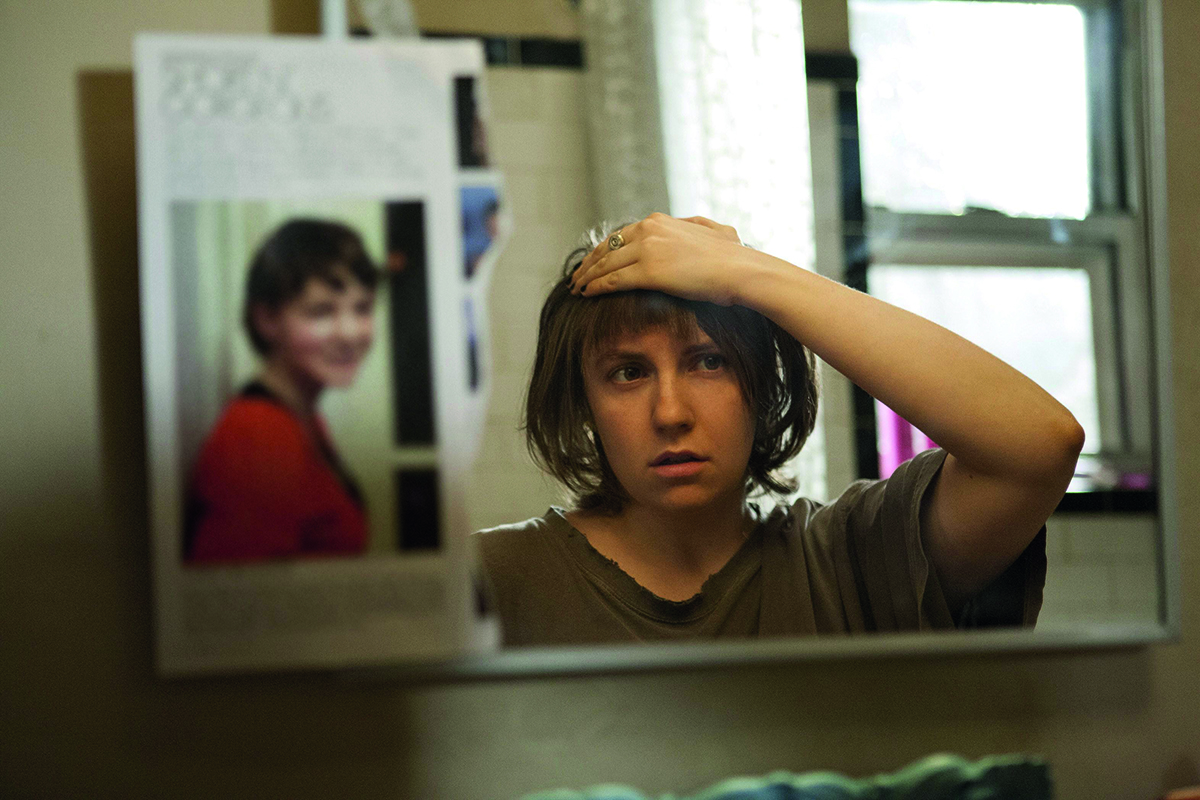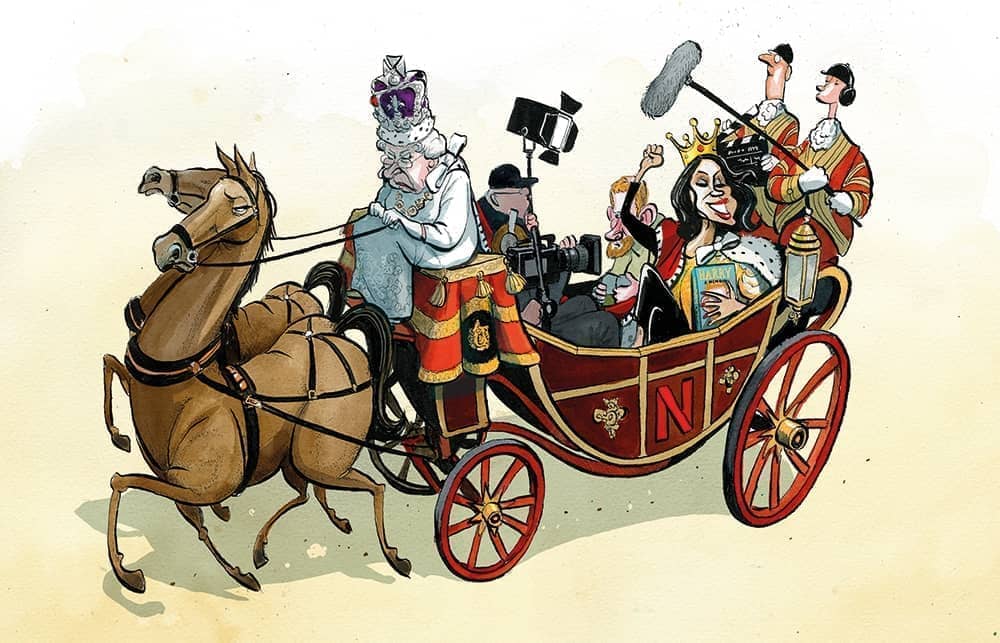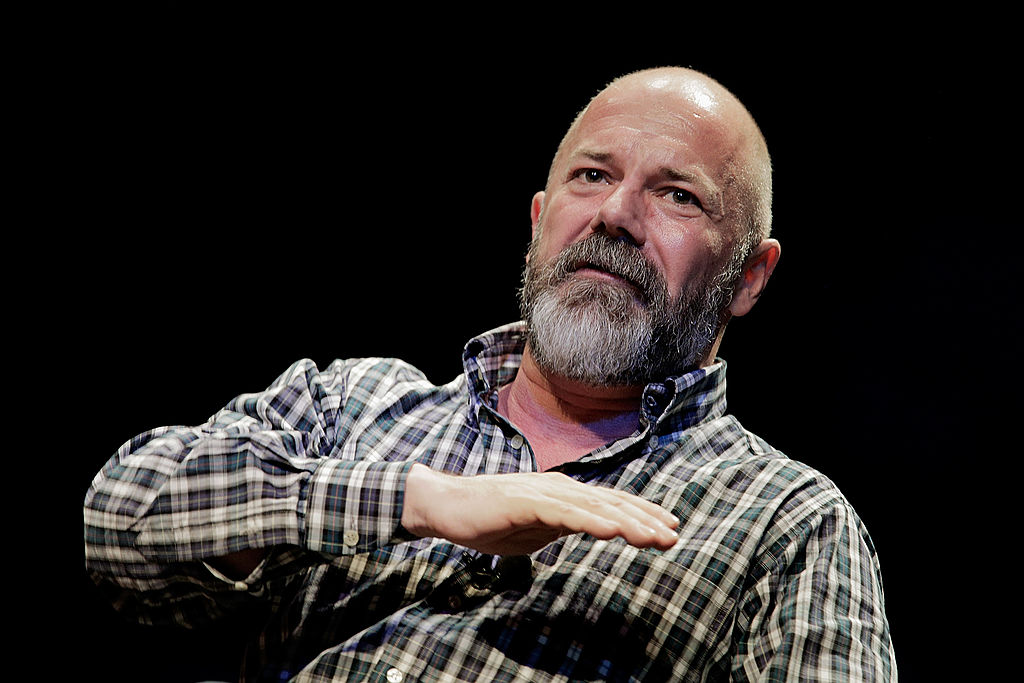It is very easy to hate Lena Dunham. Very easy. Trivially easy. There are men and women people find it easier to hate but most of them are lawyers, real estate agents and autocrats.
Right-wingers hate her shrill commitment to ‘social justice’, her obsessive fangirling on behalf of Hillary Clinton, her incessant crassness, her habitual nudism and her smearing of an innocent man as a rapist. Left-wingers hate her apparent white privilege, her un-PC comments, her astonishing wealth and her defense of a friend who was accused of rape. The left and the right can bond over their mutual hatred of her ubiquity. ‘In an era of hyperpartisanship,’ said the left-wing writer Sean McElwee, ‘Lena Dunham’s ability to…infuriate the entire political spectrum is genuinely impressive.’ I disagree with Mr McElwee on almost everything, but on that I have to say, ‘Amen.’
Yet I cannot hate Ms Dunham as a person. I hate the things she says and does, of course, but her? No. I feel sad for her. To be clear, I do not mean I sit around agonizing over the misfortunes of a rich, successful writer and performer, but when I read her recent profile in The Cut I felt a twinge of sympathy.
Part of that is because of her struggles. Ms Dunham is a victim of endometriosis and has had to have a hysterectomy. Being denied the chance of motherhood is a sad fate I would not wish on anyone except the uniquely depraved. I doubt that anyone except anonymous trolls with obscure Nazis in their profile pictures would disagree.
More generally, I cannot help feeling that Dunham’s flaws are not entirely of her own making. She is a product of her social environment. How can the child of two artists, both of whom are best known for their depictions of genitals, who attended a private school in Brooklyn and had her teenage dinner parties covered in the pages of the New York Times, be expected to be well-adjusted? Her backstory sounds as if it came out of a ‘Build Your Own Insecure Narcissist’ manual.
Our culture builds people up and knocks them down. Men and women are marketable as objects of love or hate, so if the public is not prepared to love you the media will trash you. Dunham rose to fame on a tidal wave of gushing publicity, receiving so much coverage in the American press that you wondered if she had blackmailed its editors. She was called the voice of a generation (inspiring a funny line from her character in Girls, the sitcom she wrote and performed in, that she wanted to be the voice of her generation, or at least a voice of a generation). Then came the backlash.
Dunham’s slow realization of the scorn that people feel towards her was painful. In 2016, she filmed and released a music video for a dreadful pro-Hillary ‘rap’ song, which ended with her stripping and asking herself, ‘I wonder if I’m actually hurting her chances of winning?’ Well, yes, Lena, you did. But why did you do it?
Two years on, Dunham’s star has faded. Her website Lenny Letter has collapsed. Her new sitcom Camping has been trashed by critics. In the profile in The Cut, a wounded Dunham hyper-analyzes the reasons people hate her without touching on the one overall problem: she keeps talking. She keeps posting. She keeps being profiled. She keeps being interviewed. She keeps provoking more orgies of hatred towards her.
If you are someone like Piers Morgan, you can make a good career out of annoying people on social media. Morgan loves to be hated, though. He loves to be a heel. Dunham wants to be liked, even as every new attempt to endear herself to people inspires fresh irritation and creates more of a market for anti-Dunham derision.
Sometimes her lack of self-awareness makes her quite interesting. When she went to India, for example, and talked about its catastrophic sanitation problems she was called ‘frustrating and wrong’ and ‘Orientalist’ for saying there was ‘no interest’ in fixing the problem. It was untrue that there is no interest, yet an article in the Economist makes clear that there is far too little. What is worse? Drawing attention to a problem in a sloppy way or ignoring it completely? At other times, Dunham says things that are crass in revealing ways. It was obscene when she said she wished that she had had an abortion so she could understand the feeling but was it much more obscene than the popular ‘ShoutYourAbortion’ social media campaign? No. Just a bit more on the nose.
I do not want to defend Dunham. Playing the Devil’s advocate is interesting. Playing Dunham’s is silly. I wish journalists would stop writing about her and enabling her self-absorption and anxiety. She could work on her creative projects, writing for people who still enjoy what she does in television and publishing. Everyone could find a different, more dangerous target for abuse. The world would be a slightly better, saner, happier place.

























